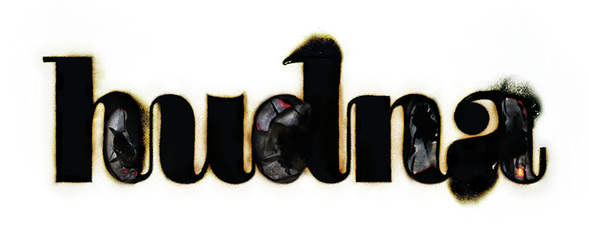Hamas leaders have been widely quoted in the Israeli media over the past few days.
Hamas is suggesting a “cease fire”, a term frozen in the western mind for almost a century to connote an end of hostilities , from the last moment of World War I, which terminated on the 11th hour of the 11th day of the eleventh month on November 11 1918, paving the way to the Versailles peace treaty and the genesis of the League of Nations.
Yet it is vital to pay attention to the three terms used by the Palestinian Arab leadership when they refer to “cease fire” : Hudna, Tahadia and Hudaybiyyah, all of which mean continued war, after a respite for rearmament.
• Hudna is nothing more than a tactical pause intended for rearmament in the war between Islamic forces and non-Islamic forces.
The authoritative Islamic Encyclopedia (London, 1922) defines hudna as a “temporary treaty” which can be approved or abrogated by Islamic religious leaders, depending on whether or not it serves the interests of Islam; a “hudna” cannot last for more than 10 years.
• Tahadia is a temporary halt in hostile activity which can be violated at any time
• Hudaybiyyah is an understanding that there will be no fighting for 10 years named for the “treaty of Hudaybiyyah” in 628 AD.
The Islamic Encyclopedia mentions the Hudaybia treaty as the “ultimate hudna”.
In the words of the Islamic Encyclopedia, “The Hudaybia treaty, concluded by the Prophet Mohammad with the unbelievers of Mecca in 628, provided a precedent for subsequent treaties which the Prophet’s successors made with non-Muslims. Mohammad made a hudna with a tribe of Jews back then to give him time to grow his forces, then broke the treaty and wiped them out. Although this treaty was violated within three years from the time that it was concluded, most jurists concur that the maximum period of peace with the enemy should not exceed ten years, since it was originally agreed that the Hudaybia treaty should last ten years.”
Hudna, Tahadia and Hudaybiyyah – the only options on the table with Hamas – do not compare to the “mu’ahada” treaty of peace that Egypt signed with Israel in 1979, or the mu’ahada treaty of peace that Jordan signed with Israel in 1994.
This is not a theoretical warning.
Hamas declared three “hudnas”, 2007-2012, each of which resulted in renewed battles when Hamas was ready. Israel now waits to see what will become of the 2014 Hamas Hudna.
The unkindest cut of all occurred this weekend, when the JPOST ran an interview with Hamas leader Hassan Yousef.
The JPOST took Yousef at his word with his promise of a “long term cease fire”, without asking Hamas about why, then, does Hamas provides live arms training for thousands of youth, from age 9 to 16, to engage in the next round of fighting.









